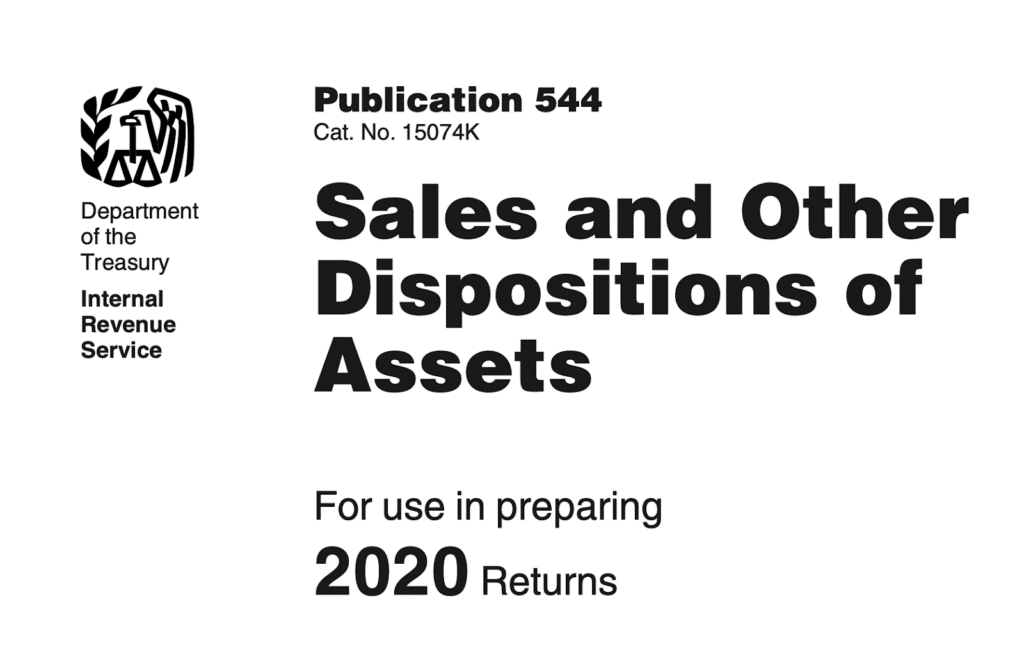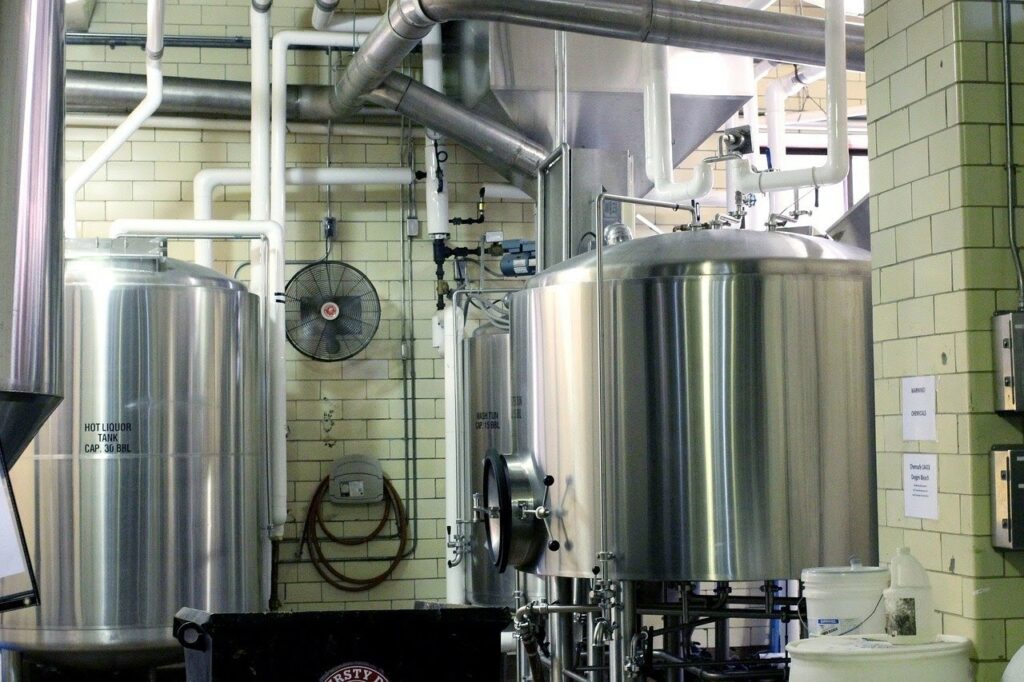
Most business owners know the IRS taxes long-term capital gains at a lower rate than ordinary income. However, Section 1231 of the Internal Revenue Code offers an exception to this rule.
This rule gives business owners the best of both worlds. When you sell Section 1231 property for a gain, you will get a more favorable capital gains tax rate and other potential tax benefits.
Properly utilizing this tax rule can save you a ton of money at tax time, so we’re going to cover Section 1231 property and tax strategies in this post.
What is Section 1231 Property?
The IRS defines this property in Section 1231 of the Internal Revenue Code, hence the name. Broadly speaking, any real or depreciable business property held for more than a year qualifies as Section 1231 property. Common examples include the following:
- Buildings
- Machinery
- Land
- Timber and other natural resources
- Cattle and livestock
- Unharvested crops
- Leaseholds at least one year old
However, it’s also important to note that the following items do not qualify as Section 1231 property:
- Patents
- Inventions
- Inventory (i.e., goods held for sale to customers)
The reason 1231 property proves so attractive to business owners pertains to its tax treatment. Generally speaking, when you sell a capital asset at a gain, it qualifies for favorable long-term capital gains tax treatment (assuming it has been held longer than a year). But, if you sold that same property at a loss, that loss could only offset other capital gains – not ordinary income.
With Section 1231 treatment, property sold at a gain still receives the favorable long-term capital gains tax treatment. But, if sold for a loss, that loss qualifies as ordinary. In other words, you can use losses on Section 1231 property to offset your business’s ordinary income. Simply put, 1231 offers taxpayers the best of both worlds.
Is My Property Eligible for Section 1231?
This tax treatment offers advantages for taxpayers. But, what property qualifies? To answer this question, you need to run you property through a three-part test.
First, you must confirm that you use the property for business purposes. Your personal-use property doesn’t qualify. Next, you must verify whether the item is real or depreciable property. As stated above, inventory – which you do not depreciate – doesn’t qualify for 1231 treatment. Lastly, you must verify that you had the property for longer than a year. Any property held for one year or less will not qualify.
If your property passes this three-part test, it qualifies for Section 1231. For example, assume you own a bakery. After several years of owning your commercial oven, you sell it to purchase a larger one. Here’s how the three-part test works:
- Is the property in question used for business purposes? Yes, you use the commercial oven in the daily operations of your bakery.
- Is the property in question real or depreciable property? Yes, businesses depreciate a commercial oven under MACRS guidelines.
- Has the property in question been held for longer than a year? Yes, you have owned this commercial oven for three years.
Accordingly, your commercial oven would qualify for Section 1231 treatment. If you sold it for a loss, you could use that loss to offset your bakery’s ordinary income. Conversely, selling it at a gain would result in more favorable long-term capital gains tax treatment.

What is a Property 1231 Transaction?
The IRS defines a Property 1231 transaction as taxable gains and losses from Section 1231 transactions. And, the IRS then proceeds to outline eight different transactions that qualify as Section 1231 transactions:
- Sales or exchanges of the following:
- Real property or depreciable personal property.
- Leaseholds.
- Cattle or horses.
- Other livestock (NOTE: This does not include poultry).
- Unharvested crops.
- Cutting of timber or disposal of timber, coal, or iron ore.
- Condemnations (NOTE: The condemned property must have been held for longer than a year).
- Casualties and thefts (NOTE: The casualty or theft must have affected business property, property held for the production of rents and royalties, or investment property).
When you sell property under this treatment, you will report that sale on IRS Form 4797, Sales of Business Property. And, you will report most of these Section 1231 sales in Part I of Form 4797 (though several exceptions must be reported in Part III). If your sale results in a loss, this loss will offset your business’s ordinary income. However, if it results in a profit, it will receive long-term capital gains treatment.
Why Should I File My Property as Section 1231?
Usually, losses on the sale of capital assets can only offset other capital gains. However, most businesses face higher ordinary income tax rates than capital gains ones. As a result, this capital-to-capital offset proves disadvantageous, as companies cannot use these losses to reduce their higher-tax ordinary income.
Fortunately, Section 1231 treatment offers a solution to this problem. If your property qualifies as Section 1231, a sale provides you two outstanding tax benefits. First, if you realize gains, the IRS will only tax it at the long-term capital gains rate. Second, taxpayers can use a Section 1231 loss to offset their business’s ordinary income.
Final Thoughts
Section 1231 can absolutely help business owners save on taxes. More precisely, this tax treatment provides a win-win. On the one hand, gains receive favorable tax treatment. Conversely, losses can reduce your ordinary income.
Check out IRS Publication 544 for a more detailed take on capital gains and losses.
A property sale can have a drastic tax impact, but that shouldn’t discourage you from making moves to grow your business. At Shared Economy Trax, we believe tax planning shouldn’t be a daunting challenge for small business owners. Contact us to set up a tax planning strategy session!